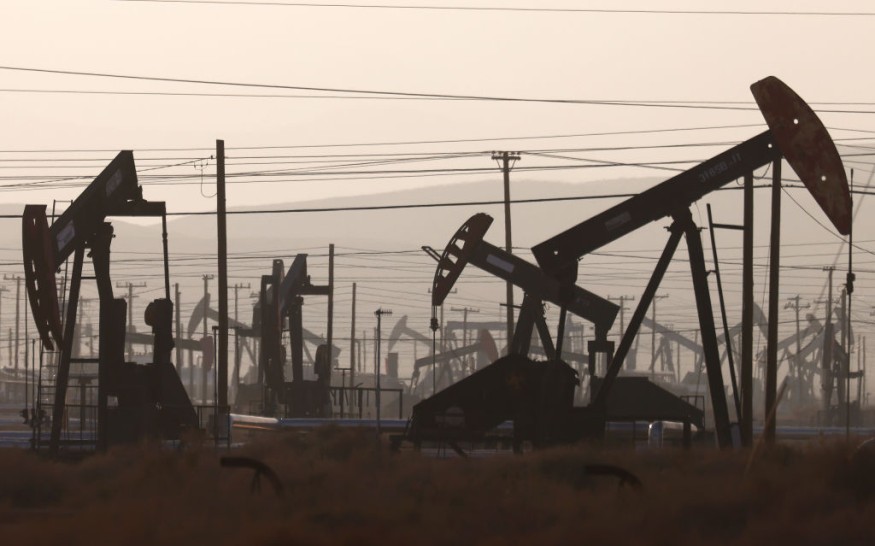Following Russia's invasion of Ukraine, major multinational oil firms began selling their Russian oil and gas stakes this week.
However, analysts argue that these actions are unlikely to help the transition to clean energy. Instead, they may put the corporations behind in their efforts to reach net-zero emissions.
Big Oils Pulling Out

It all began with BP. Last weekend, under duress from the United Kingdom, the British oil firm chose to sell its roughly 20% ownership in the Russian corporation Rosneft to the Russian government.
Russian crude accounts for approximately a third of BP's oil production, and the corporation has warned that it might lose up to $25 billion as a result. "The Rosneft stake is no longer linked with BP's business and strategy," BP Chair Helge Lund stated in a statement.
Shell, Exxon, and Equinor, a Norwegian oil corporation, have now followed suit, exiting numerous joint ventures in Russian oil and gas projects.
While discontinuing oil and gas production is precisely what climate activists want these businesses to do, the decisions do not indicate a shift in Big Oil's strategy.
Read also: Russia's Attack on Ukraine Raises Risk of Nuclear War: How Bad Will a Nuclear Fallout Be?
Attaining Net-Zero
For one thing, BP made it plain when it initially announced its ambitions to attain net-zero emissions by 2020 that the plan did not apply to its share in Rosneft.
According to Jonathan Elkind, a senior research fellow at Columbia University's Center on Global Energy Policy, the pullout from Russia may now actually harm that goal. Both BP and Shell have stated that income from their fossil fuel industries would support their ventures into sustainable energy.
"At the very least, this produces a crosswind that they have to handle," Elkind said, alluding to the two businesses' departure from Russia. "This may necessitate a rethinking of some of their previous objectives."
To put it another way, the situation in Russia is unlikely to halt demand for fossil fuels, and global oil firms may opt to replace their Russian assets with new oil and gas operations abroad.
According to the International Energy Agency, Russian oil and gas production is not the most carbon-intensive in the world, but it is also not the cleanest. If BP, Shell, or Exxon go into areas of the world where production is dirtier, their emissions may rise.
Discussing Russian Holdings
It's also uncertain if oil corporations would be able to sell their Russian holdings or be compelled to abandon them. Even if they are successful in marketing assets, the revenues may not be used to fund renewable energy when Shell sold its holdings in the United States profit.
Permian Basin was purchased for $9.4 billion last year, with the company stating that it will use some of the funds for the energy transition while returning $7 billion to shareholders.
"There isn't always a clear path from oil companies selling out of oil and gas fields to investing in sustainable energy," said Lorne Stockman, research co-director at the advocacy group Oil Change International.
Switching to Renewables
Stockman also dismisses the notion that BP and Shell require oil and gas revenues to switch to sustainable energy.
"Companies in the renewable energy market don't have to rely on income from fossil fuels to survive. There's a concept known as credit markets. Loans are available. You might want to consider issuing stock. "There are a variety of approaches to collect funds for renewable energy investments," he stated.
Another concern is if Big Oil's departure of finance and technical experience will impact Russia's intentions to increase oil and gas exploration in the Arctic Circle, which has been made feasible by the fast warming of the region as a result of climate change.
For example, Rosneft is building the Vostok Oil project on the Taymyr peninsula, a multibillion-dollar oil production and export center that threatens a delicate ecosystem and the Indigenous populations who rely on it.
Trafigura, a major foreign investor in the project, announced on Wednesday that it was reconsidering its position.
Withdrawal of Investment
Elkind believes it is difficult to predict if the withdrawal of investment and commercial links with Russian enterprises will be a one-time event or a long-term trend. Another consideration is whether Russia can execute a project like Vostok without the assistance of Western technology.
For similar news, don't forget to follow Nature World News!
© 2025 NatureWorldNews.com All rights reserved. Do not reproduce without permission.





